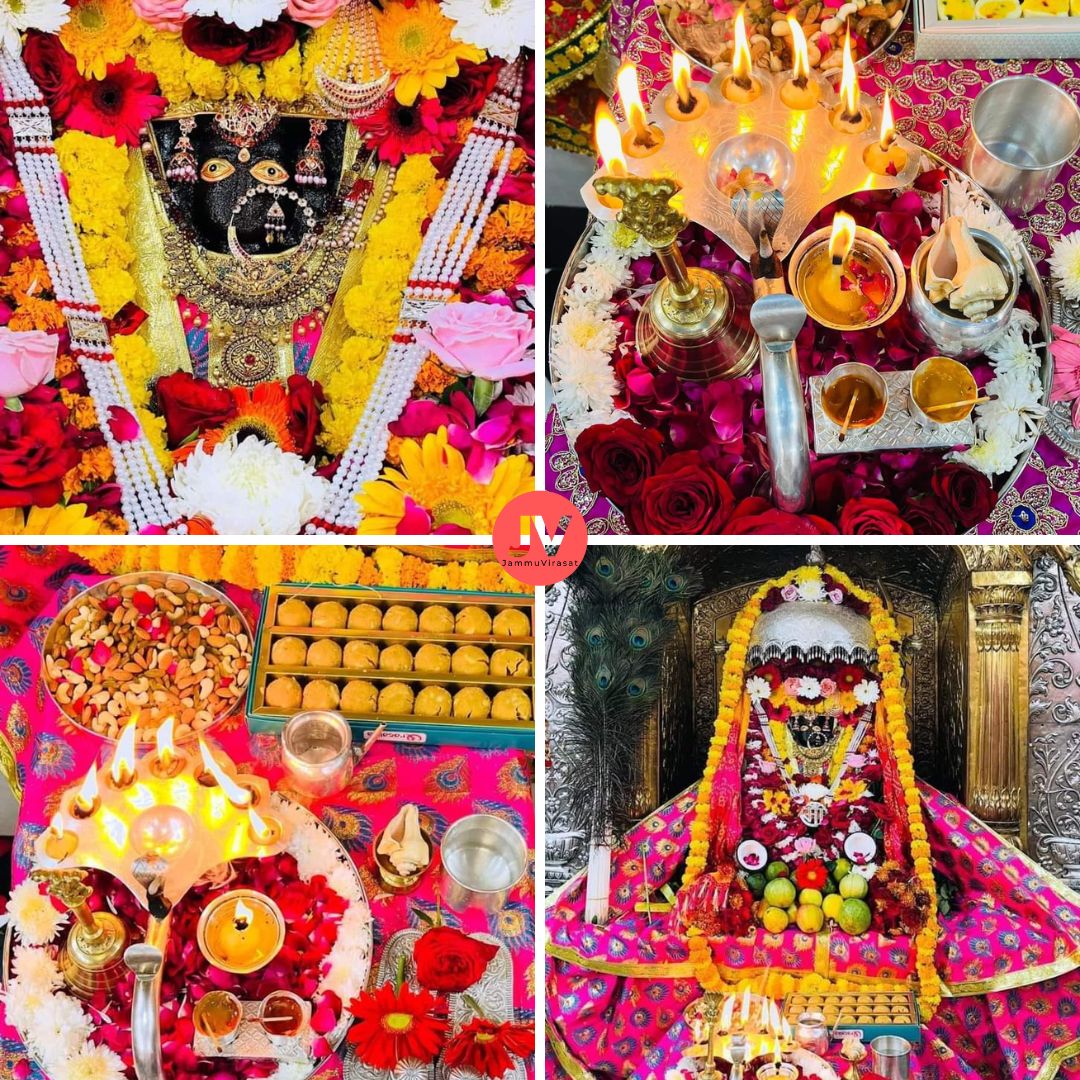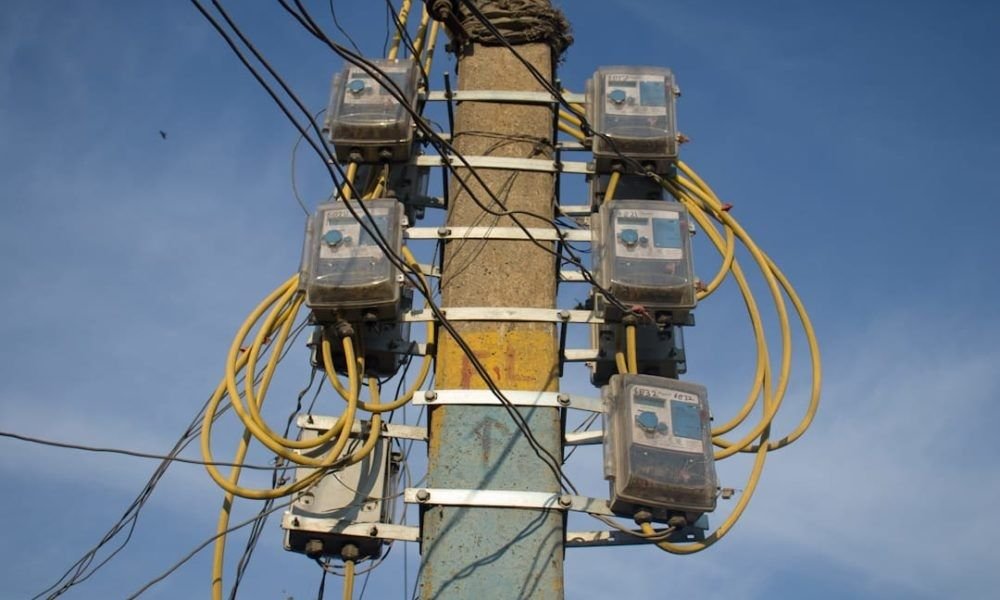- An eighth century temple of the Goddess Mahakali popularly known as Bawe wali Mata is confined to the Bahu Fort.
The Bahu Fort is situated on the left bank of the river Tawi just opposite to the old city of Jammu, located on the right bank of the said river. The Bahu Fort is considered as one of the most mighty and sacred shrines of the Jammu city.
Legend and History of Kali Mata Mandir
The temple is believed to have been built during 8th century in 1822 a little after the Maharaja Gulab Singh came to power. As per local folklore, it is believed that around 300 years ago, goddess Maha Kali appeared in Pandit Jagat Ram Sharma’s dreamand spoke about her appearance in the form of a Pindi or stone buried on the hill top. Shortly after that a stone was found and a temple was built on the hill. The black stone that is symbolic of the goddess is said to have been got from Ayodhya by the kings belonging to the Solar dynasty, Raja Bahu Lochan and Raja Jambu Lochan much before the temple was constructed.
As a matter of fact, the idol or image of the deity was installed long ago but the temple housing the image was built up afterwards by Maharaja Gulab Singh, the first Dogra ruler of whole of the Jammu and Kashmir State. Mahakali temple dates back to 3400 BC, and is one of the oldest temples in India together with Mahamaya Temple in Bahu Rakh.
Although sweets, pudding (Halwa or halva) puffed rice, floral wreaths and cash etc, are offered to the Goddess Mahakali, now no offerings of animal sacrifice are made. The animal sacrifice ceased when a saint who used to mediate in an adjoining temple of Narsimha, threw the idol of Mahakali or Kali in the river Tawi. It is believed that thereafter the Goddess Mahakali appeared in a dream to Maharaja Partap Singh (Son of Maharaja Ranbir Singh) and exhorted him that wishes of the saint be immediately fulfilled by stopping animal sacrifice. When the Maharaja Partap Singh prohibited the animal sacrifice totally, the saint reinstalled the idol of the Goddess Mahakali at the appropriate place. Now, instead of sacrificing a goat to please the Goddess, a goat is purchased with a small amount and after the priest has muttered some incantations, the devotees sprinkle a handful of water on it. When the goat reverts to its own side, the offering is believed to be fulfilled/and or accepted by the Goddess Mahakali.
Animal sacrifice was widely practiced in the past, but nowadays temple priest perform a few rituals and sprinkles holy water over a sheep or goat before setting it free as a symbolic rendition of the sacrifice. This ritual is known as Shilly Charana.
Prior to constructing of the other buildings in the fortified area, the Chieftains were determined to construct the temple of their Kuldevi (Jerath, 2006). Thus, on the upper strata of the Bahu Fort, we find a temple to their Kuldevi, Bhawani.
According to Archaeological Survey of India sources, the temple structure belongs to the 8th century AD and even earlier than 8th century AD.
Read also: Stories by the Dogras of Jammu: Baba Raghu, a ghost or a friend?
It is point to mention that when Amir Timur attacked Jammu during 14th century AD, the Bahu fort and the temple existed at that time as has been mentioned in his autobiography, known as Malfuzat-I-Timuri .
Another special feature seen in the temple precincts is the presence of a large group of Rhesus monkeys, the largest such group in Jammu and Kashmir State. The monkeys are fed by devotees with sweets, gram etc.
A Samadhi of Baba Amboo near Bahu fort is also visited by its devotees, particularly the Khajuria Brahmins.
A popular Hindu festival known as “Bahu Mela” is held during the Navaratras in the fort area, twice a year, during March-April and September-October. This attracts a very large number of pilgrims to the fort and the temple located within it.
Another note worthy point to mention here is that many local girls visit the temple premises during early in the morning and the pilgrims worship them as kanjaks and pay them sweets, bangles, chunnies and money etc. A number of Langers are arranged by devotees of the Goddess to serve parshad among the devotees. Jammuites have a staunch belief that Bawe Wali Mata has always protected Jammu city from Pakistan air attacks. They further believe that every desire is fulfilled by visiting Bahu fort shrine of Bawe Wali Mata.
The most busy days of the temple are Sunday’s and Tuesday’s. Devotees make “sukhaan” for whatever they want and give “shilli bali” or Bhandara to the deity.
















